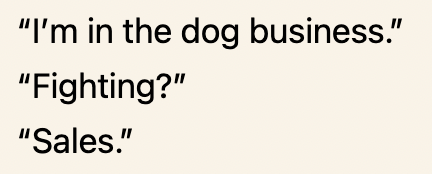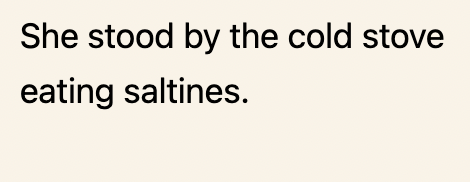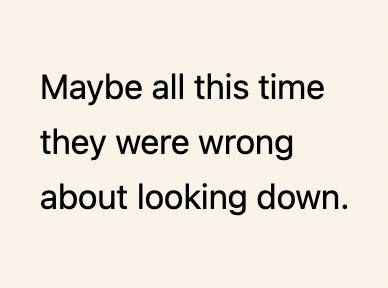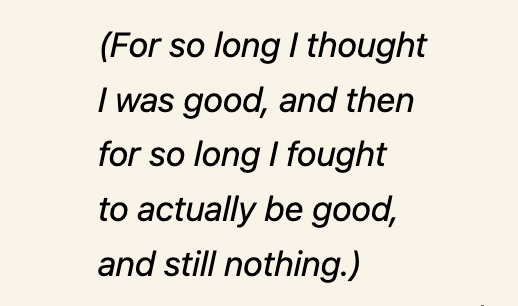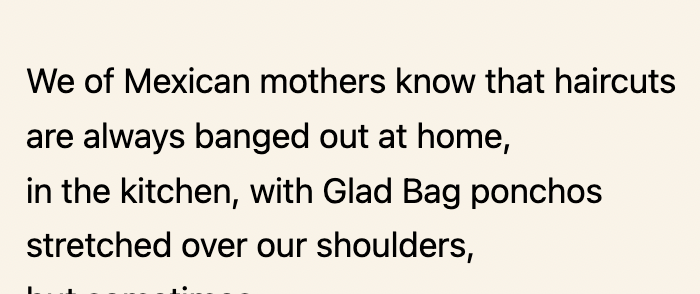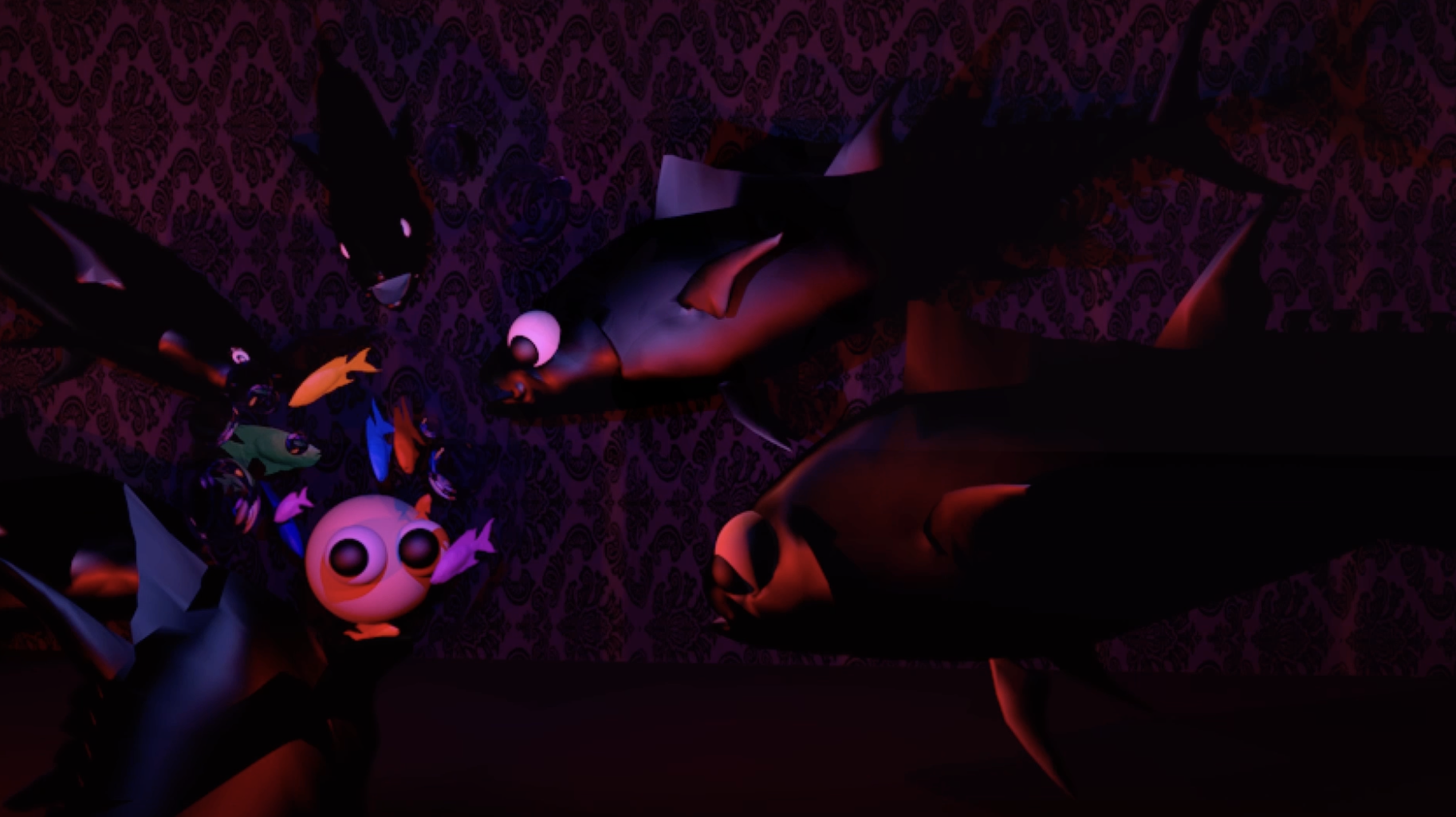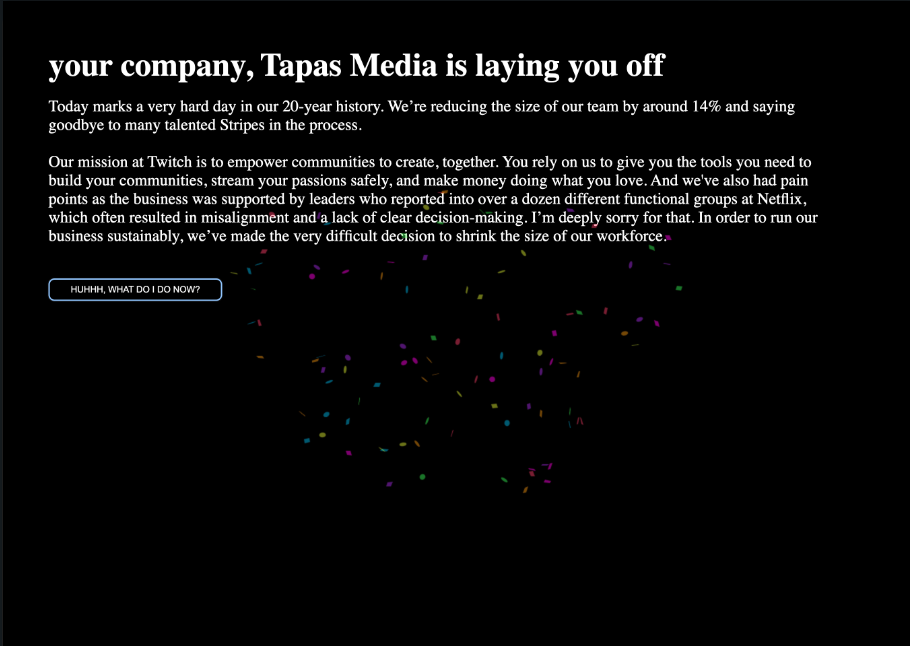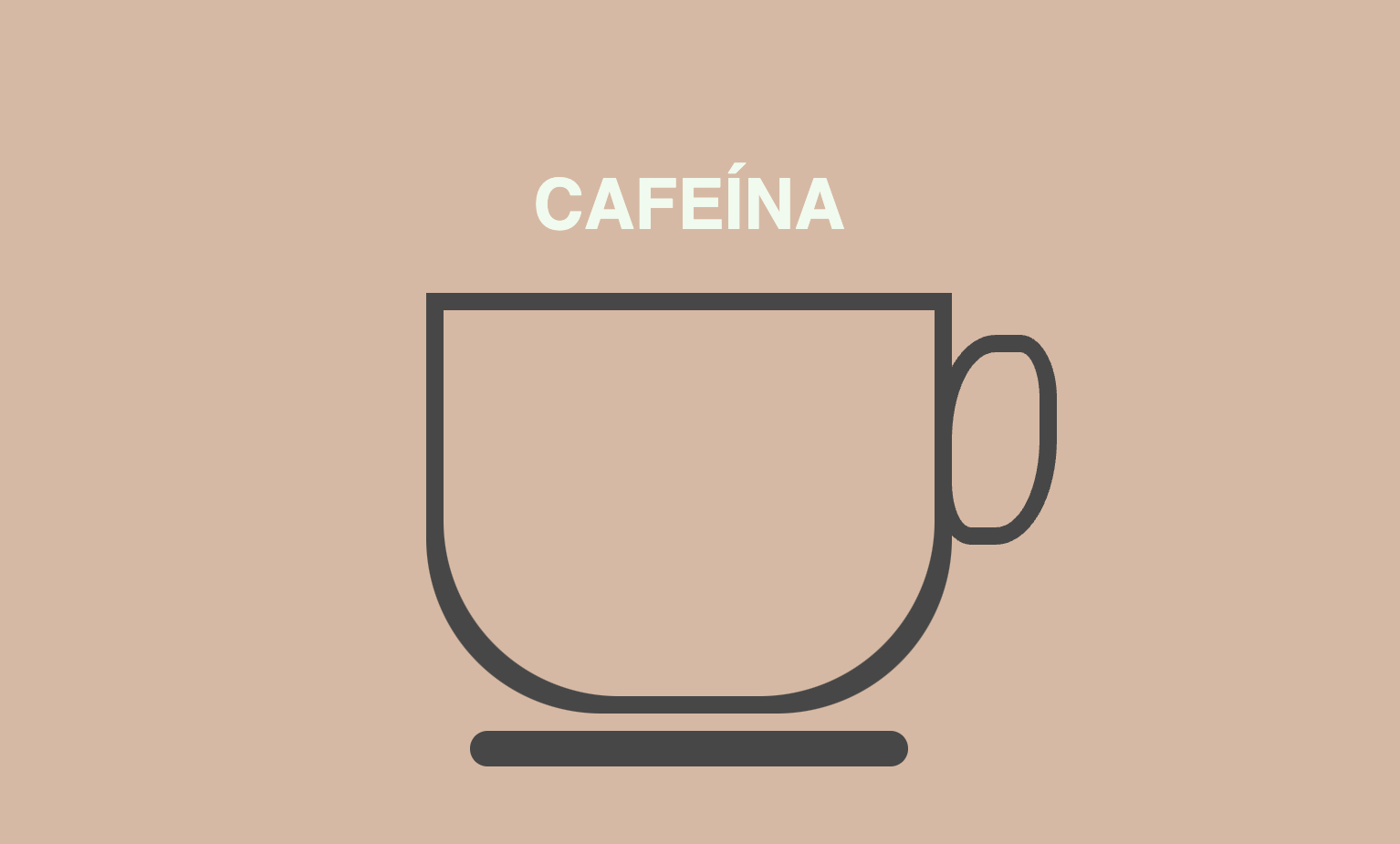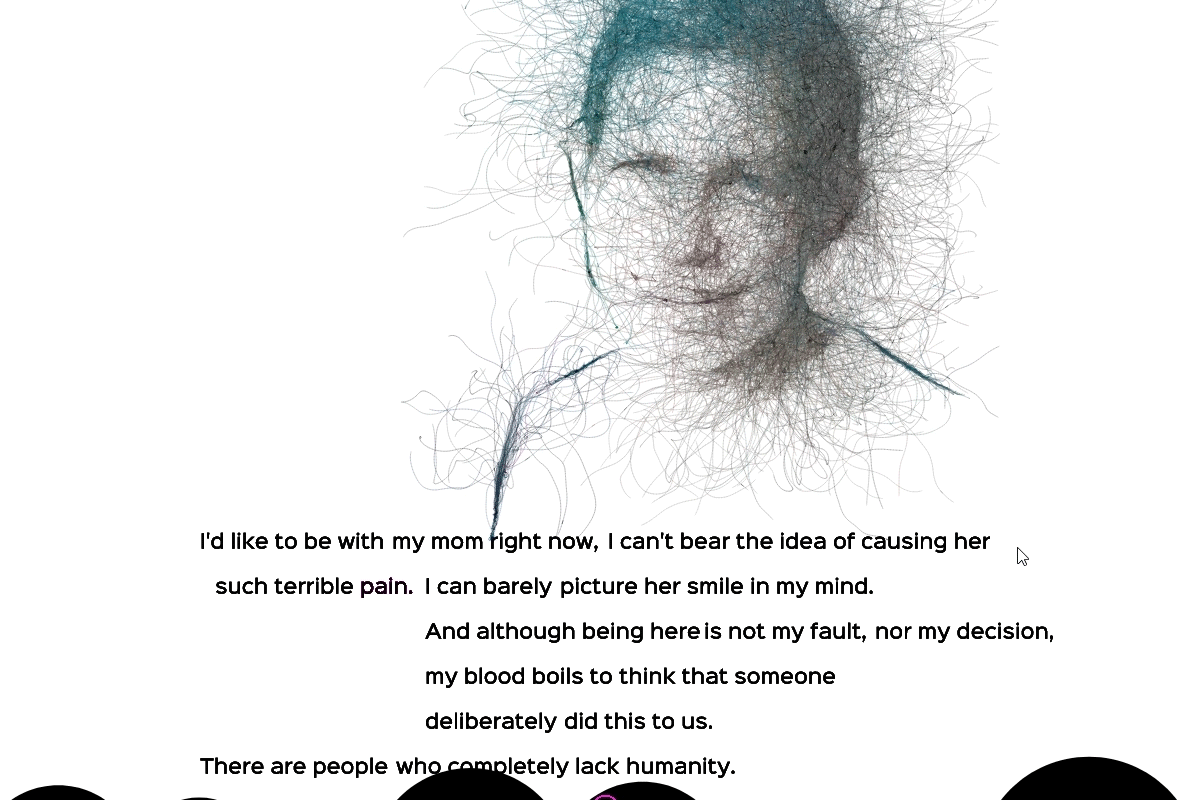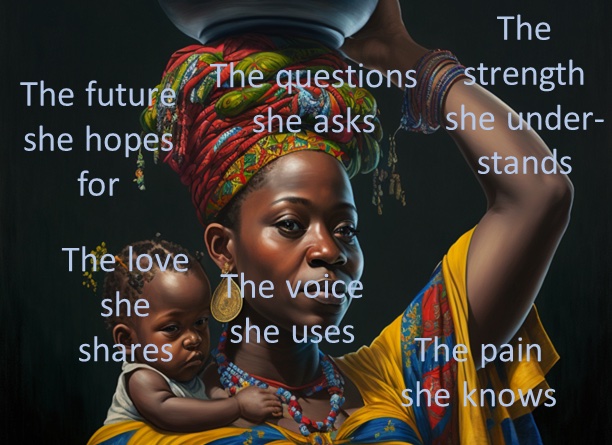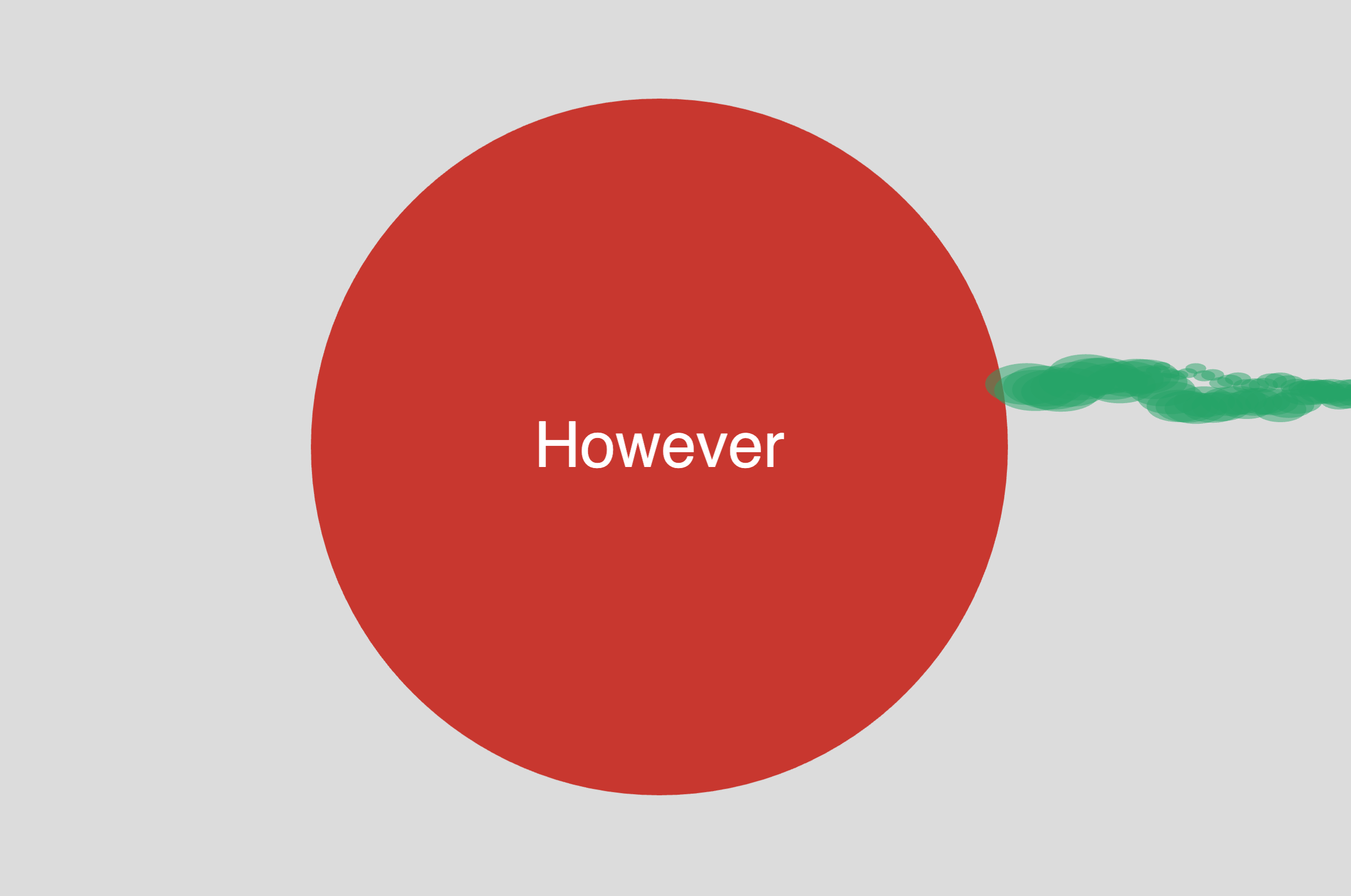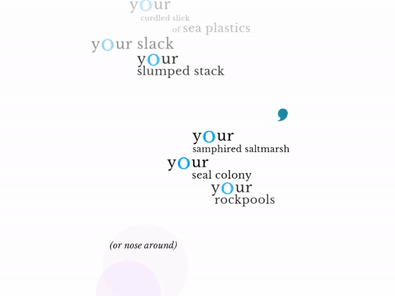The Love Letters Suite
By Scott Rettberg
The Love Letters Suite is a set of four code poems I made during the month February 2023. There are few different elements at play here that diverge from my usual creative practice in electronic literature. The first is that the poems are composed entirely of texts written by others, specifically correspondence written by literary writers from the 19th and 20th century, and in one case, by one of the most important figures in the history of computing. The letters in question all in some way deal with the tumultuous circumstances of love affairs.
The first “Missive Command: Nelson and Simone” is a fragment of a letter from Simone de Beauvoir to Nelson Algren, with whom she had an on-again off-again affair at the same time as she was married to Jean Paul Sartre. The second “Porng: Henry and Anaïs” is from a steamy text written by Henry Miller to Anaïs Nin. The third “Oscaroids: Oscar to Bosie” is a missive sent from Oscar Wilde to Lord Alfred (Bosie) Douglas, written from Wilde’s prison cell, after he was jailed as a result of their affair, at the behest of Douglas’s father. The last, “Turing’s Apple”, while not precisely a love letter, was written by Alan Turing to his friend Norman Routledge, at the time Turing was facing charges due to his affair with a young man. As a result, Turing faced a choice between imprisonment and chemical castration. Two years after his choice of the second option, Turing died of cyanide poisoning, in what some believe to have been a suicide.
You’ll see that in several of the poems, I was exploring the use of simple interactions that reference early computer games. I was curious as to what effect this form of interaction might have on the ways that we read the texts. Finally, these are the product of some of my first experiments in coding with AI. I used ChatGPT as an assistant in the process of coding these and and about 20 other simple digital poems and artworks over the course of the first few months of 2023. While I wouldn’t say the programs were precisely “written” by AI, they result from an iterative process of interlocution between me and the AI writing environment. In this case, the collaboration is actually between four dead authors, myself, and the large language model that assisted me in producing the code. While it is still the case that one needs to know one’s way around code for the process of coding with AI to bring about satisfying results, to me it is remarkable how efficient and effective this mode of producing creative code can be. I think that it will be a game changer for digital writing, as these tools get better and we figure out the best ways to engage with them creatively. In particular, I think that coding with AI will create new opportunities for creative writers who are better at working with words than they are at programming to materialize their ideas in digital environments. This type of what I’m calling “cyborg authorship” is one of the strands of practice we are beginning to research in the Extending Digital Narrative research project I’m leading at the Center for Digital Narrative we have recently established at the University of Bergen.






